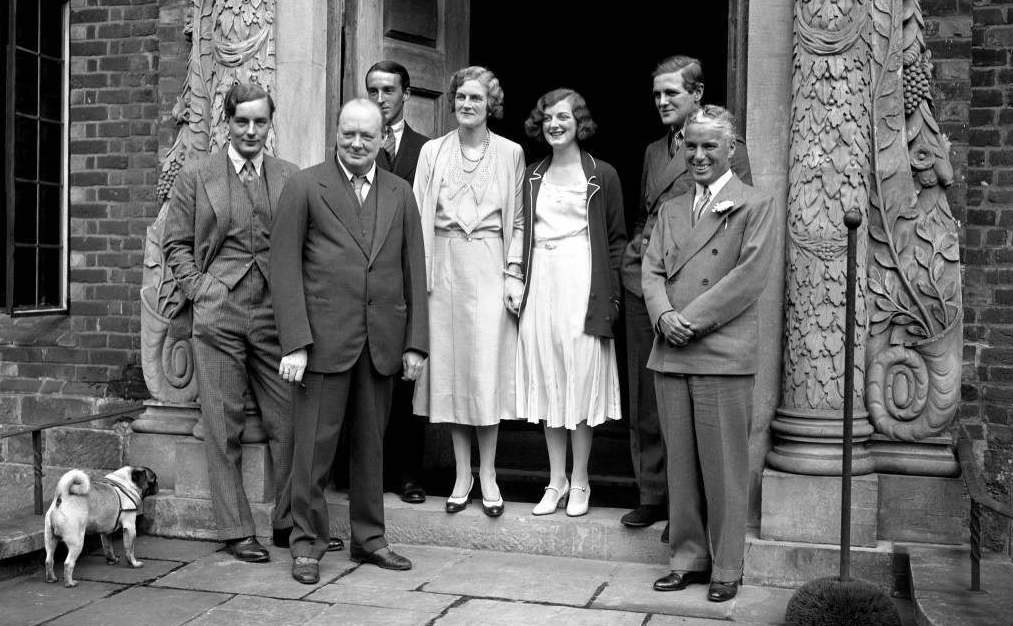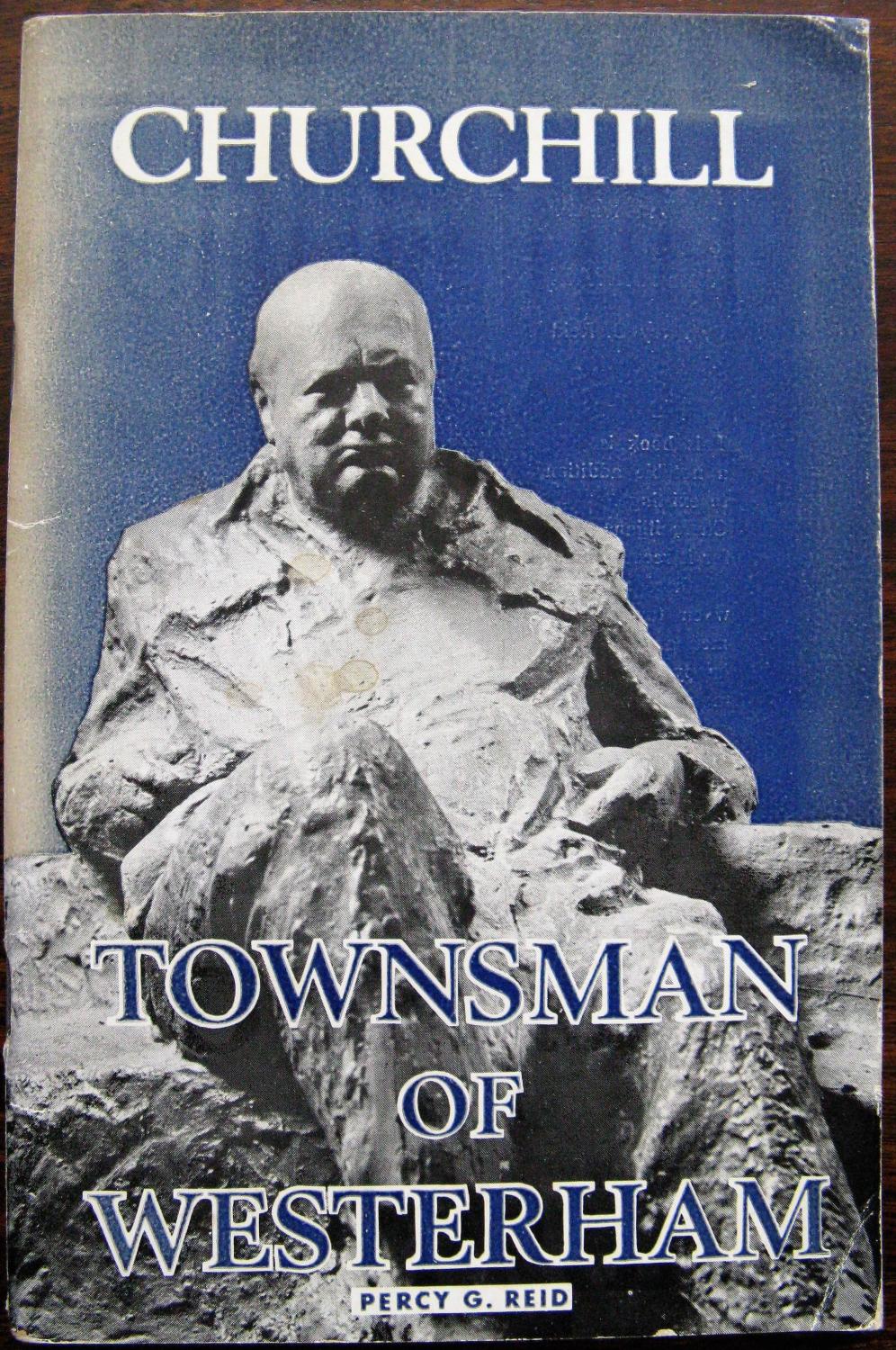
Churchill’s Daily Routine (Or: You Can’t Get Good Help Anymore…)
Q: When help was cheap
Moving right along, the 1911 Census was recently released in England. No address was “ex-directory” in those days. Winston Churchill is listed at 33 Eccleston Square, London (seventeen rooms) with wife Clementine, daughter Diana and eight servants. The help comprised a cook, nurse, lady’s maid, housemaid, parlor maid, under-parlor maid, kitchen maid and hall boy). Can this be so? —A.J., NSW, Australia
A: Absolutely.
By the 1920s and 1930s, when the Churchills were ensconced at Chartwell, the help had grown to fifteen or more, counting gardeners, handymen, secretaries and household staff. This was part of the reason Churchill had to write constantly, living, as he said, “from mouth to hand.”
Ah for the days when help was cheap. I once tried Churchill’s method of getting two days out of one by copying his Chartwell routine. The help (Barbara Langworth) was not amused.
Churchill’s daily routine
Wake around 8am for breakfast in bed. Remaining abed, you spend several hours reading correspondence, dictating replies and reading all the newspapers, including the Daily Worker.* (As he read, WSC would fling each sheet of newsprint on the floor, infuriating his valet.) Rise about 11am for your first bath, the help having drawn the water to exactly 98 degrees. The bath is “full immersion”: you must submerge and surface like a porpoise.
An expansive lunch follows, often with a special guest—from Germans bringing word of Hitler’s machinations to film stars like Charlie Chaplin. Next, a walk around the grounds, feeding the golden orfe and conversing with the black swans in the lake. Back to your first floor study (U.S. second floor) for more dictation, then a one-hour nap. The nap, Churchill explained, must never be compromised:
You must sleep some time between lunch and dinner, and no half-way measures. Take off your clothes and get into bed. That’s what I always do. Don’t think you will be doing less work because you sleep during the day. That’s a foolish notion held by people who have no imagination. You will be able to accomplish more. You get two days in one—well, at least one and a half, I’m sure. —To his Life magazine editor, Walter Graebner, 1946
Rising around 4pm, do a little more dictation and then enjoy a second bath before dressing for dinner. Dinner usually runs from around 8pm to 10pm or so. Churchill prefers voluble conversation, “with myself as the main conversationalist.” Then a film—say two hours. Finally around midnight it’s time for serious work: dictating books, articles or speeches to the night help. Sometimes the boss needs two secretaries, working in stints. He once said with a twinkle: “I am feeling very fertile; I shall require two young women tonight.”
Sleep? Yes, around 3am or 4am to 8am. That gives you five or six total hours sleep per day, and really does mean you can cram two days’ activity into one. But without all that help, your roommate is going to hate you.
 *About that Daily Worker
*About that Daily Worker
Percy G. Reid was a newspaper stringer who kept an eye on Chartwell for the London media. Reid had an infallible way of knowing if Churchill was in residence: the Daily Worker would be missing from the Westerham newsmonger’s. The newsstand proprietor ordered only one copy, since his only customer for the Worker was Churchill. If WSC was not at home, the Worker would remain unsold.
Reid’s remembrances are in his rather rare little paperback, Churchill: Townsman of Westerham. This really should go online sometime, because it offers a unique perspective on Sir Winston’s country life. Kentish folk (including “the help”) generally loved him. And they are severe judges of character.







One thought on “Churchill’s Daily Routine (Or: You Can’t Get Good Help Anymore…)”
I love reading everything about Churchill. I’m absolutely fascinated by the man.
He is also sheer inspiration for all he achieved. Please keep me updated with all stories.
Comments are closed.